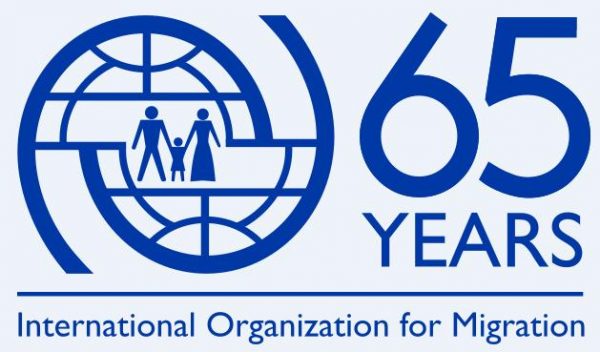Terry Ikponmwosa, a 31-year-old man, has narrated how he was sold four times by human traffickers in Nigeria before he could get to Libya en route to Europe, where he hoped for a good life.
Ikponmwosa, in an interview with the News Agency of Nigeria on Friday in Benin, Edo State, said he was taken into modern-day slavery in Nigeria without him realising it.
He said: “l embarked on a journey to Europe and ended up being sold four times in Nigeria before I got to Libya.
“After my secondary education, I went into business.

“I opened a cement retailing shopm which was very lucrative and I was making money, but I needed more.
“While doing the cement business, a friend introduced me to a man in Benin who promised to help me to travel to Europe.
“I had over N1 million from my cement shop and took the money and embarked on the journey.
“l left the cement shop for a friend to manage and remit the proceeds to my family for their upkeep, but the man sold the shop and made away with the money.
“Unknown to me that the man I was introduced to was a trafficker and had already sold me to another man in Agbor, Delta.
“The man who bought me in Agbor also sold me to another man in that same Agbor.
“From Agbor, I was finally sold to someone in Kano.
“This, they conveniently did under the guise of linking me up with those who will make the trip easy and smooth for me.”
Ikponmwosa said the slave traders in Nigeria had already sold him in Libya even before he arrived the country.
He said: “We were 36 that left Kano for Libya, but only four of us made it alive, others died in the desert for lack of food and water.
“Unfortunately for me, while trying to find my way to Europe, I was arrested alongside other Nigerians and taken to prison.
“While in the prison, I regretted embarking on the journey because I suffered all through.”
Ikponmwosa said they resorted to fasting and prayers in prison before the international Organisation for Migration came to their rescue.
On arrival in Nigeria, he said he confronted the man who sold him in Benin, but he pleaded for forgiveness and promised to refund all the monies he spent.
“When I finally decided to take the Edo taskforce on human trafficking to arrest him when he refused to refund the money, the man had fled the state,” he said.
He said later joined the Migrants As Messengers, a volunteer group with IOM in Edo State, as an agent of advocacy against irregular migration and human trafficking.
According to him, it has become very important to educate the youths on the danger of irregular migration.
Ikponmwosa advised young Nigerians to pass through proper channels to go abroad.
He said: “It is important to note that travelling through the desert could result to death either in the desert or in the Mediterranean Sea, slavery or imprisonment and forced labour among others.
“The things I witnessed in the desert and in Libya are unimaginable and each time I remember I weep.
“I would not want anyone else to experience them, hence I joined MaM.”

